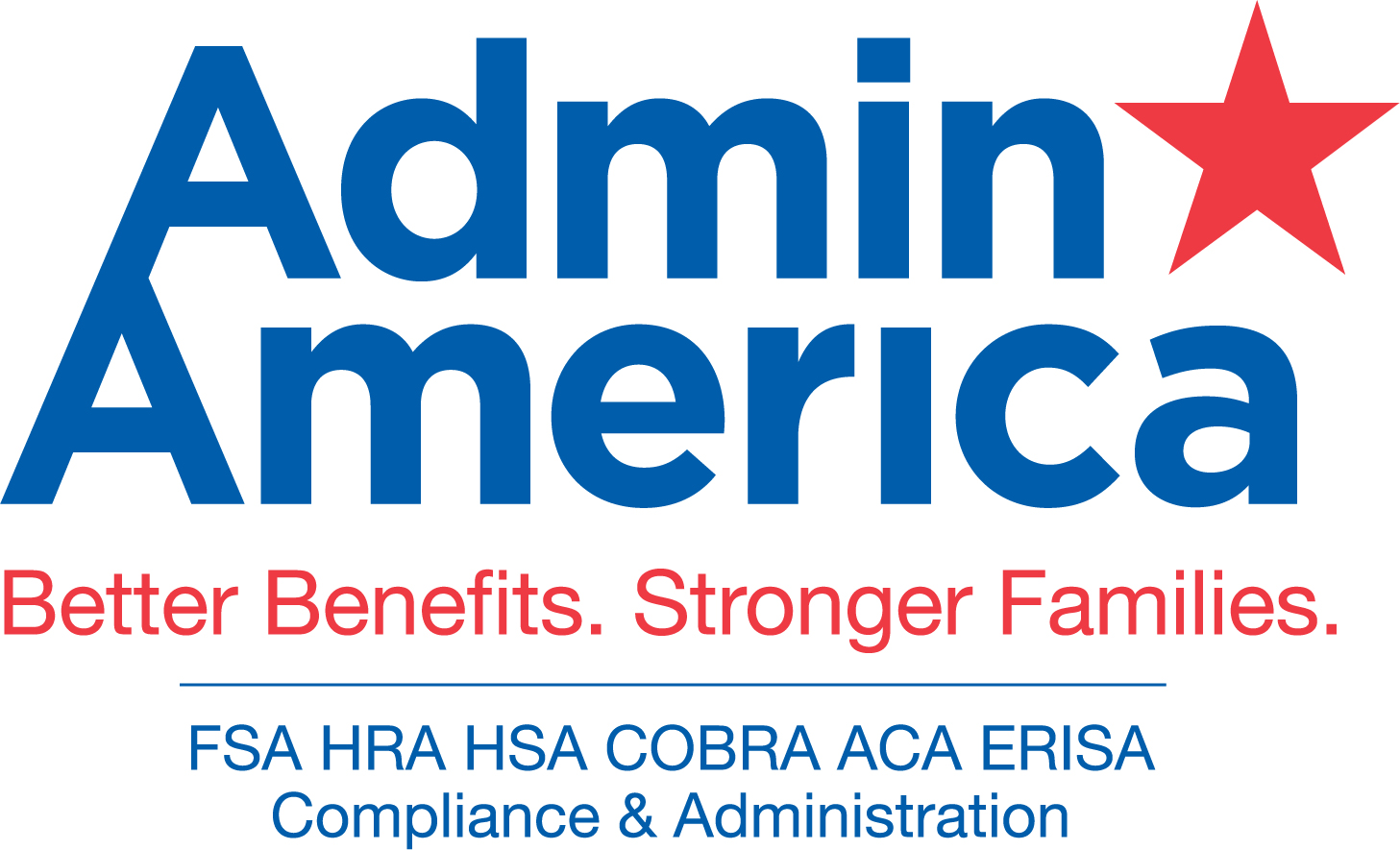This week the IRS revealed an annual adjustment to the the Affordable Care Act’s (ACA) affordability percentage. This percentage helps determine whether employers may owe significant fines under the ACA’s Employer Shared Responsibility Provision (ESRP). The newly announced limit for group health plan years beginning in 2024 is 8.39%. This is significantly lower than 2023’s affordability percentage of 9.12%. The IRS announced this most recent annual change in Revenue Procedure 2023-29.
Employers and their benefits advisors should analyze how this lower affordability percentage impacts their ESRP Penalty risk next year. Incorporating the new limits into employee benefits planning for 2024 could spare employers from very large penalties down the road.
The Importance of the Affordability Percentage to Employers
The ACA’s ESRP applies to Applicable Large Employers (ALEs). ALEs are employers (or related employers) who employed 50 or more full time employees (or equivalents) during the prior year. ALEs who do not provide health coverage that is “affordable” to employees and their dependents risk significant tax penalties. For 2024, the penalty for failing to provide affordable coverage to each full time employee who receives a premium tax credit for health insurance coverage is $4,460 per year.
The ACA defines affordability as a percentage of each employee’s household income. Because employers typically cannot know an employee’s household’s other sources of income, the IRS allows employers to establish the affordability of their coverage in reference to three different benchmarks: the current Federal Poverty Level, the employee’s Rate of Pay, and the employee’s W2 income for the applicable year.
The percentage announced by the IRS this week is the maximum amount employers can charge for employee only group health insurance coverage as compared to any one of those three benchmarks.
How This Newly Announced Change Affects ALEs
Employers and their benefits advisors planning 2024 group health plan offerings need to understand the impact of the new percentage. Employee premiums that were affordable in 2023 may not be in 2024. Employers could avoid this penalty risk with proper preparation.
For example, assume an employee who earns an hourly wage of $20.00 per hour. Also assume that this employer chooses the Rate of Pay standard to establish that their coverage is affordable. In 2023, if the employer offered that employee coverage for $237 per month, it would have been considered affordable. In 2024, that same employee’s coverage would have been unaffordable even if the premium was reduced to $219 per month. This example becomes even more pertinent for employers with lower paid employees.
Analyzing and adjusting their 2024 employee premiums now could save employers enormous ESRP penalties in the years to come.
For More Help Understanding how the ESRP Applies to Your Situation
Employers can contact Admin America for more information about the ESRP. Contact our ACA team via telephone at (678) 578-4631 or via email at aca@adminamerica.com. Alternatively, additional online resources are available here.



